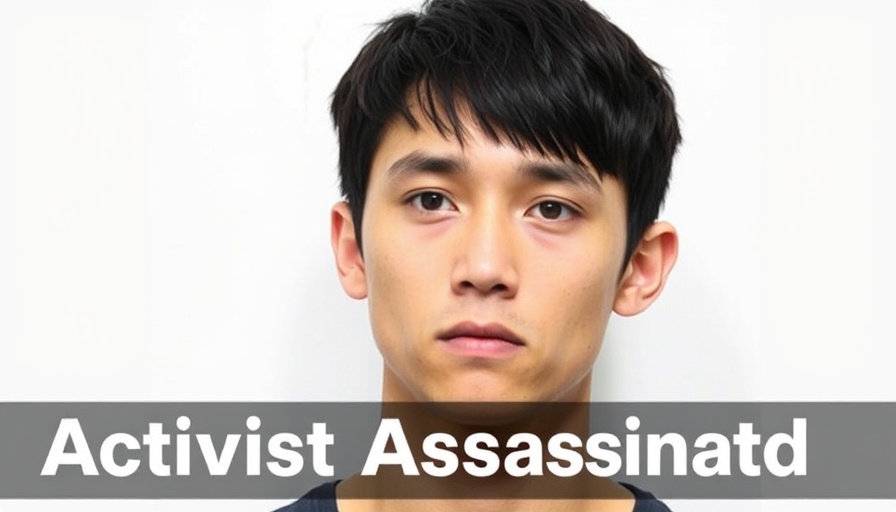
Understanding the Arrest of Tyler James Robinson
The shocking arrest of Tyler James Robinson, a 22-year-old from Washington, Utah, has sparked a national conversation about the intersection of politics and violence. Robinson stands accused of killing conservative activist Charlie Kirk. This incident raises alarming questions about the political climate and its influence on individuals previously deemed apolitical.
What Led to the Arrest?
Robinson was apprehended under suspicion of aggravated murder, felony discharge of a firearm, and obstruction of justice. Despite having no known criminal history or party affiliation, his family described a noticeable shift in his behavior towards political issues recently. Conversations at the family dinner table reportedly centered around their views on Kirk's activism and whether it spread hate.
The Larger Implications of Political Violence
Utah’s Governor Spencer Cox expressed grave concerns about the rising political tensions in the country, urging Americans to seek alternatives to political violence. Such incidents can not only fractiously divide communities but lead to a counter-productive cycle of animosity and violence. This event illustrates a critical moment where society must reflect on how political discourse influences young minds.
The Profile of a Suspect
Robinson, described as an honor roll student and an aspiring electrical apprentice, comes from a seemingly ordinary family, known for various outdoor activities. His background adds another layer of complexity to the narrative—how does a young man with an academically promising future become embroiled in violence? The community's response will likely focus on examining social and environmental factors that could lead to such drastic actions.
Future Trends: Political Ethics in Society
As we navigate a politically polarized environment, the need for ethical political communication becomes more pressing than ever. The impact of incendiary rhetoric can have tangible consequences, from rising violence to further alienation among groups. Electing leaders who promote unity rather than division is crucial for the health of our communities moving forward.
In summary, the tragic events surrounding Charlie Kirk's death remind us of the urgent need to address the roots of political violence. It challenges each of us to reflect on the discourse we engage in and to advocate for a more civil society. Vigilance in understanding these dynamics is essential as we seek to create positive change in our communities.
 Add Row
Add Row  Add
Add 




Write A Comment